Post by Dr. Yangmiao Zhang, Ph.D., Department of Neurological Surgery, Oregon Health & Science University.
NogginFest was an extraordinary community gathering this spring in Portland, Oregon – the largest free, all ages public celebration of live music, are brains and neuroscience research in the Pacific Northwest!
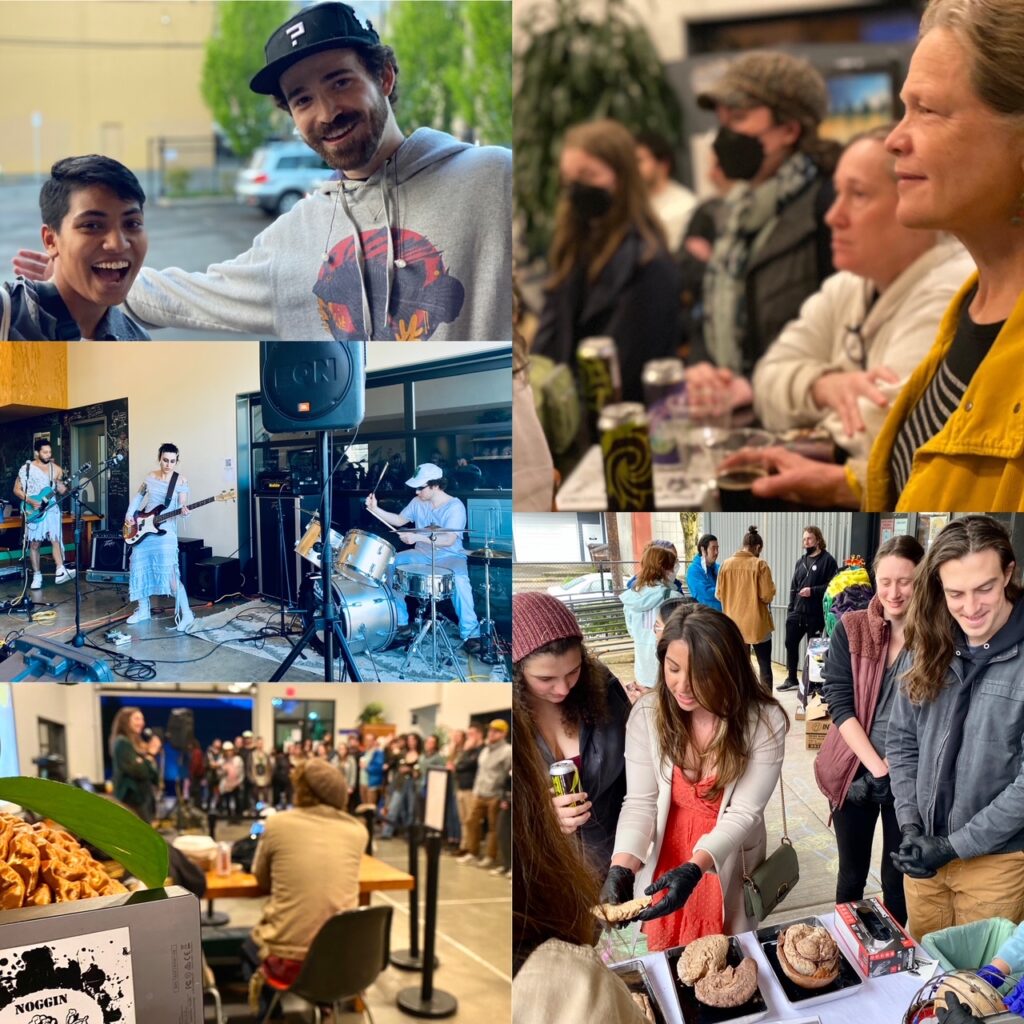
LEARN MORE: NogginFest 2022: A Mid-Pandemic Revival!
LEARN MORE: Breaking DNA at NogginFest 2022
LEARN MORE: NOGGINFEST!
We were honored to hear from Dr. Yangmiao Zhang, a neuroscientist at OHSU, pursuing research related to pain, empathy, alcohol use disorder, as well as how social relationships influence these events.
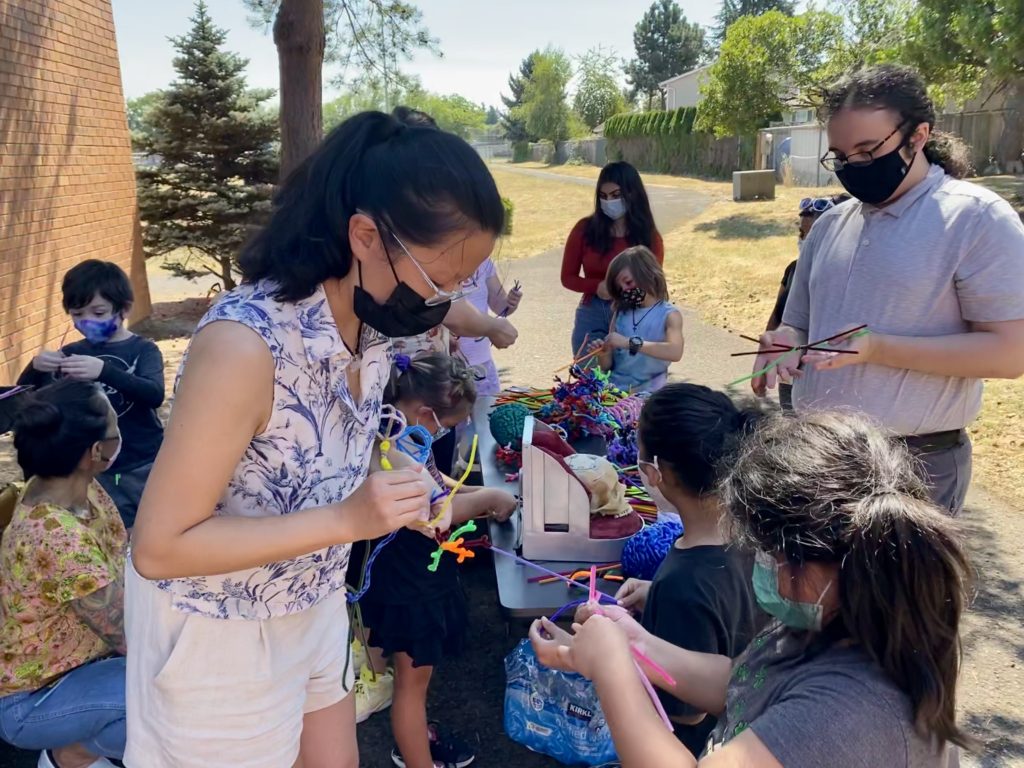
LEARN MORE: Barriers & Breakthroughs in Targeting the Oxytocin System to Treat Alcohol Use Disorder
Do we have free will?
The audience at NogginFest this year separated into not two, but three different groups with their answers. Friends standing next to each in the crowd picked opposite positions to this question, just like many brilliant minds of their times. Some raised hands to both affirmative and skeptical stances – they made up the third group, positively confused and potentially swayable 🙂
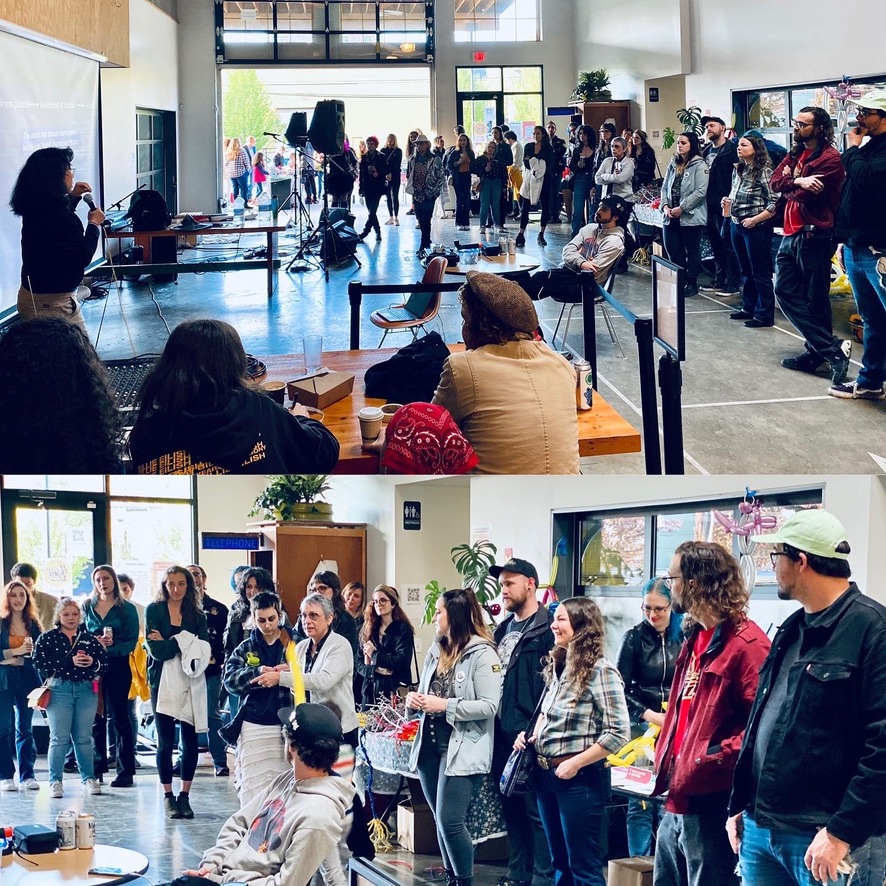
“There have always been arguments showing that free will is an illusion: some based on hard physics, others based on pure logic.”
— Ted Chiang
It is evidently a confusing question, given that it is one of the oldest debates in philosophy and religion. Though the confusion is not from the concept of Will – the capacity to choose or decide to perform or not to perform an action, either now or later, which is straightforward and easy to understand. It comes with Free Will, which is such a capacity to choose different courses of action unimpeded by any factors. What does it mean to be free? When we consciously make a decision on our own volition, is there really nothing that impedes our choices or pre-determines our decision? Are we truly free?
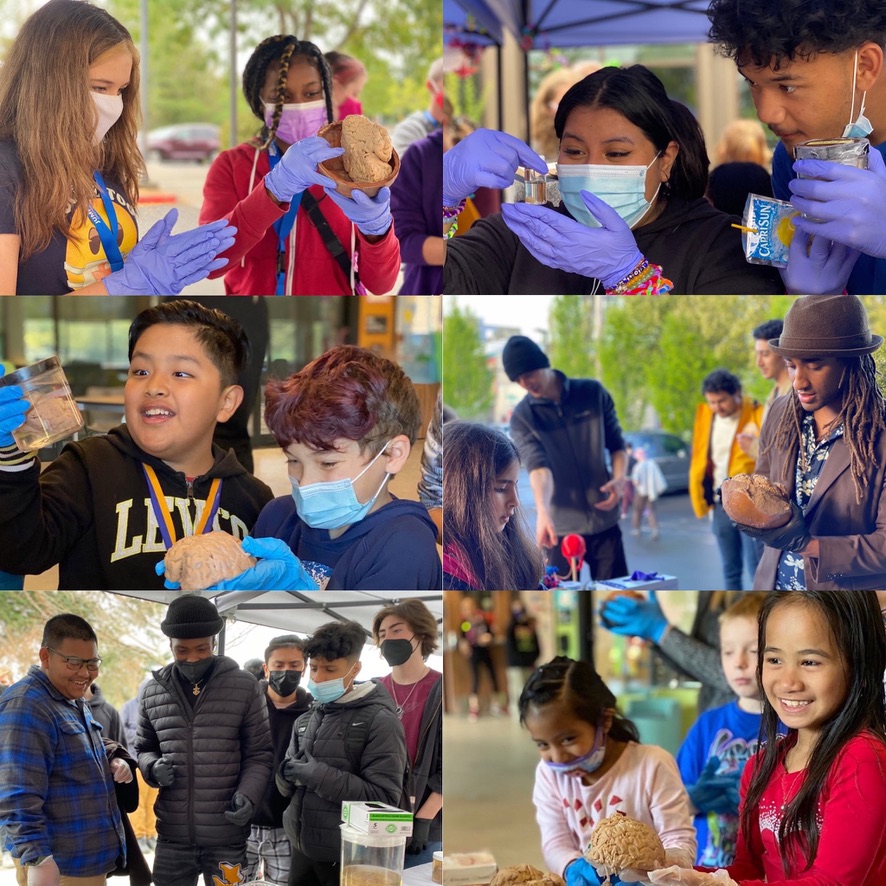
LEARN MORE: The Neural Basis of Free Will
LEARN MORE: Free Will and Neuroscience
LEARN MORE: Physiology of Free Will
In 1983, neuroscientist Dr. Benjamin Libet at University of California San Francisco lead an experiment that made the world wonder for a while whether neuroscience had just solved the free will problem, i.e. denied the existence of free will. In the experiment, he discovered that volunteers’ conscious awareness of their intention to move voluntarily occurred about 350 ms after the rise of readiness potential (Figure 1), which is the neural activation in the motor cortex related to the imminent voluntary movement in a time-locked and anatomically matched manner.
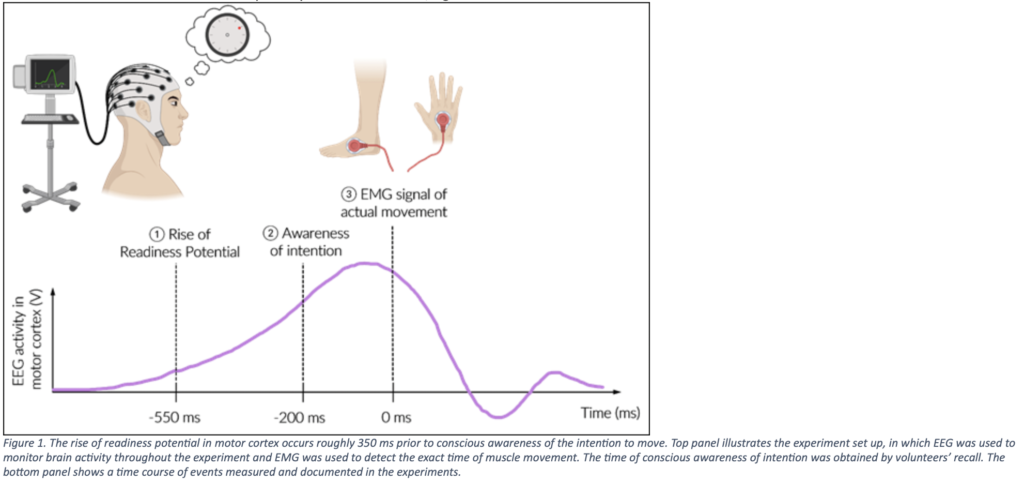
This result means that before we consciously decide to take an action, our motor cortex has already been initiated to prepare for the action. So something else that happens even earlier activates the motor cortex and shapes our decision, thus we do not choose our actions in an unimpeded manner.
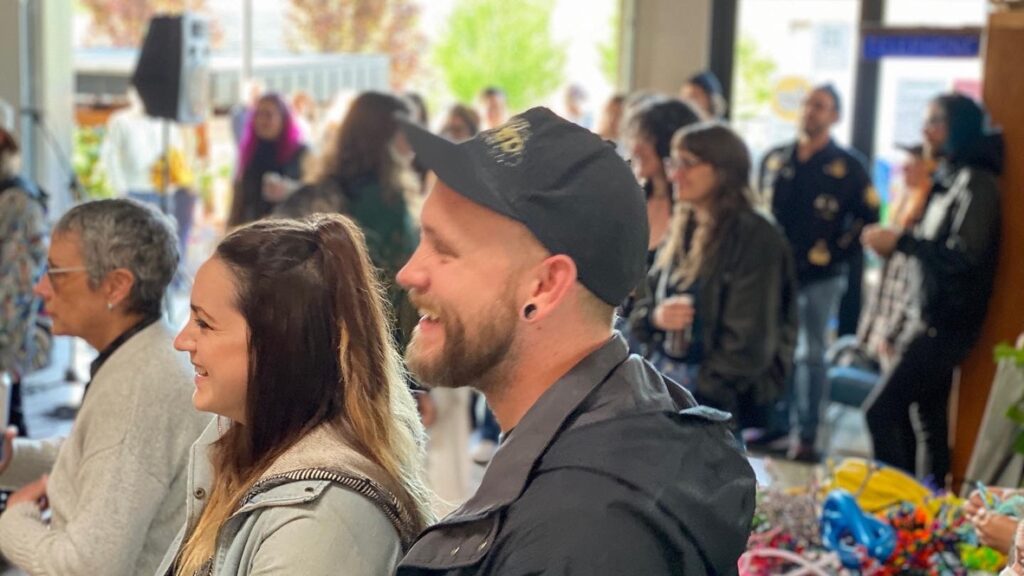
Hence no free will, right?
LEARN MORE: Readiness Potential and Neuronal Determinism: New Insights on Libet Experiment
LEARN MORE: How a Flawed Experiment “Proved” That Free Will Doesn’t Exist
This experiment lit a fire in neuroscience field.
“Show me one neuron that has some cellular semblance of free will. And there is no such neuron.”
— Robert Sapolsky
Though it wasn’t a convincing answer to the question due to limitation of knowledge and the experiment design, it has been fueling the ongoing research and the debate ever since. One thing generally agreed upon was what Dr. Libet said in his publication that “cerebral initiation of a spontaneous, freely voluntary act can begin unconsciously” (Libet et al., 1983).
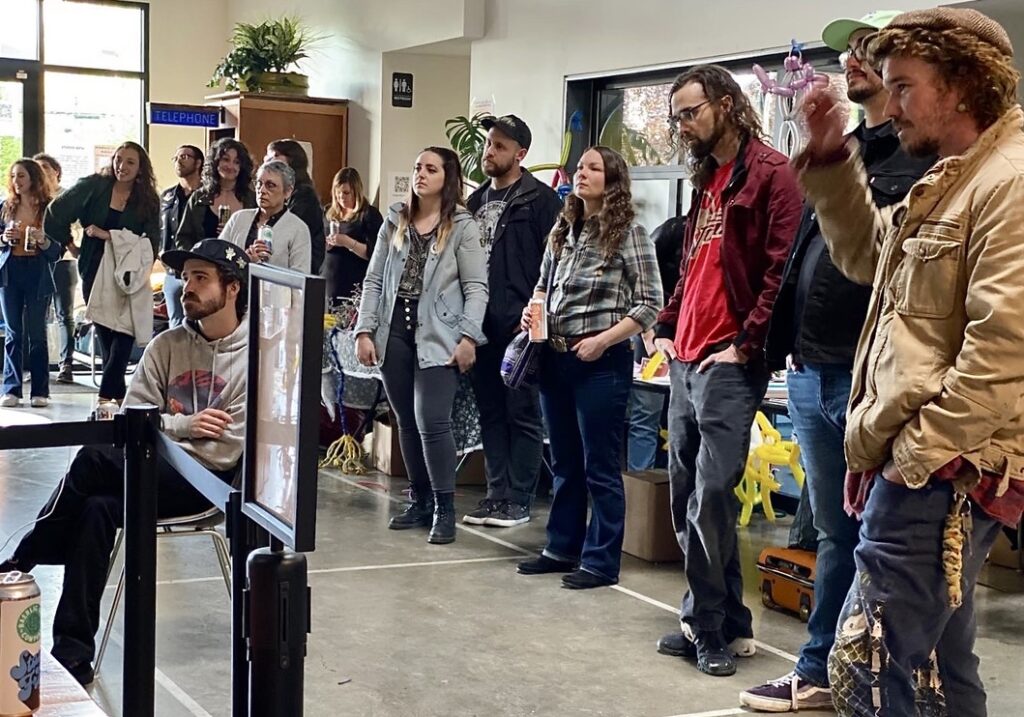
I would like to note here that the study inspired something beyond neuroscience: Our actions and decisions are results of a combination of factors, including our past experience, our environment, influences from our social affiliation and education…literally everything we are surrounded with.
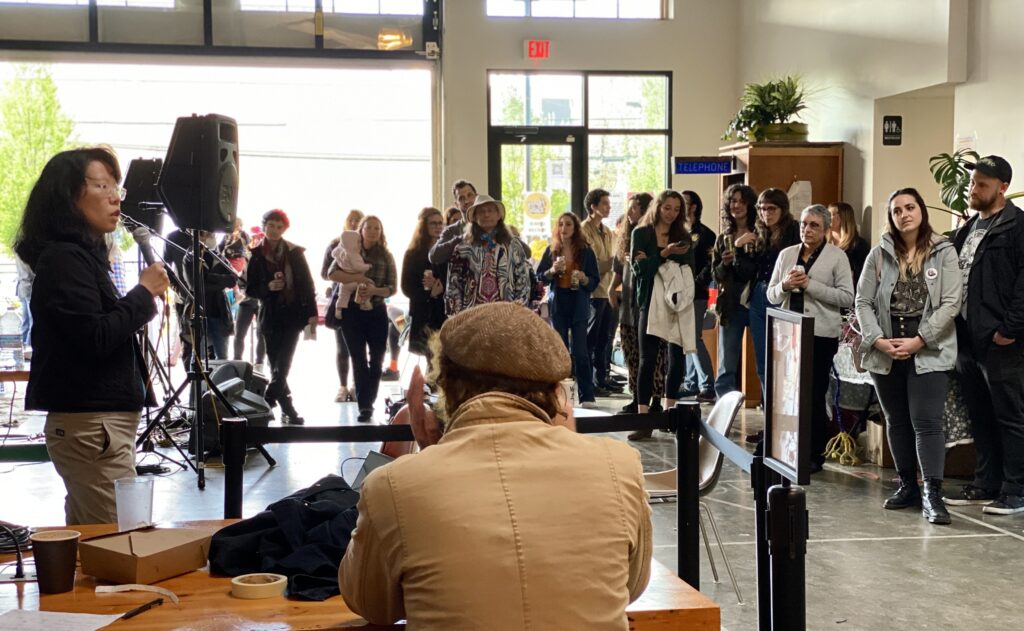
These factors can shape our decisions without our conscious realization. Perhaps with such understanding, we as a society could recognize that everyone is the sum total of their experiences, and thus become more understanding and accepting of each other.


